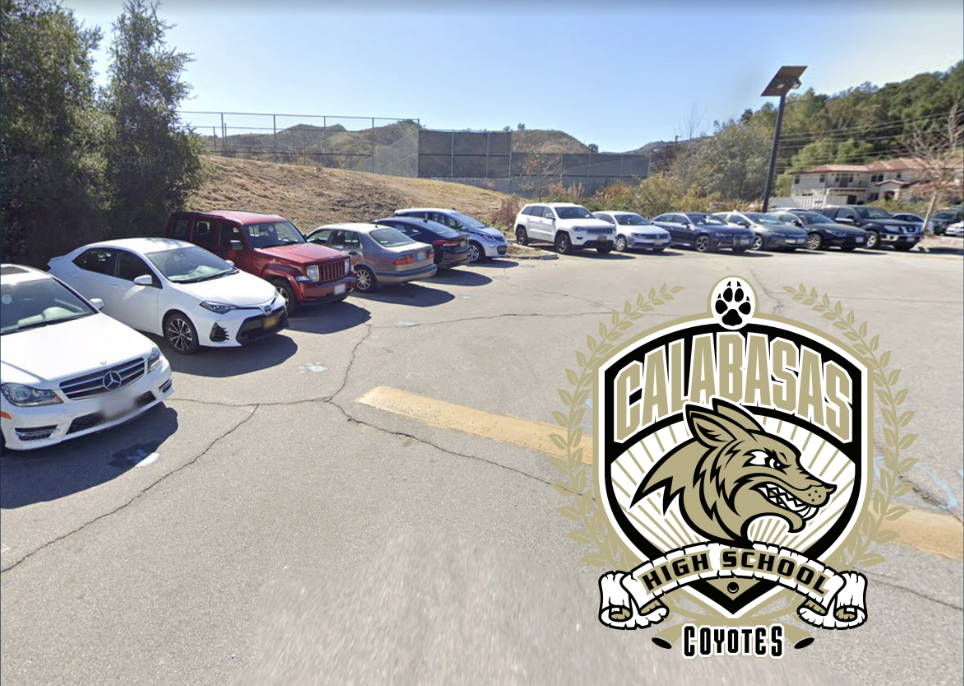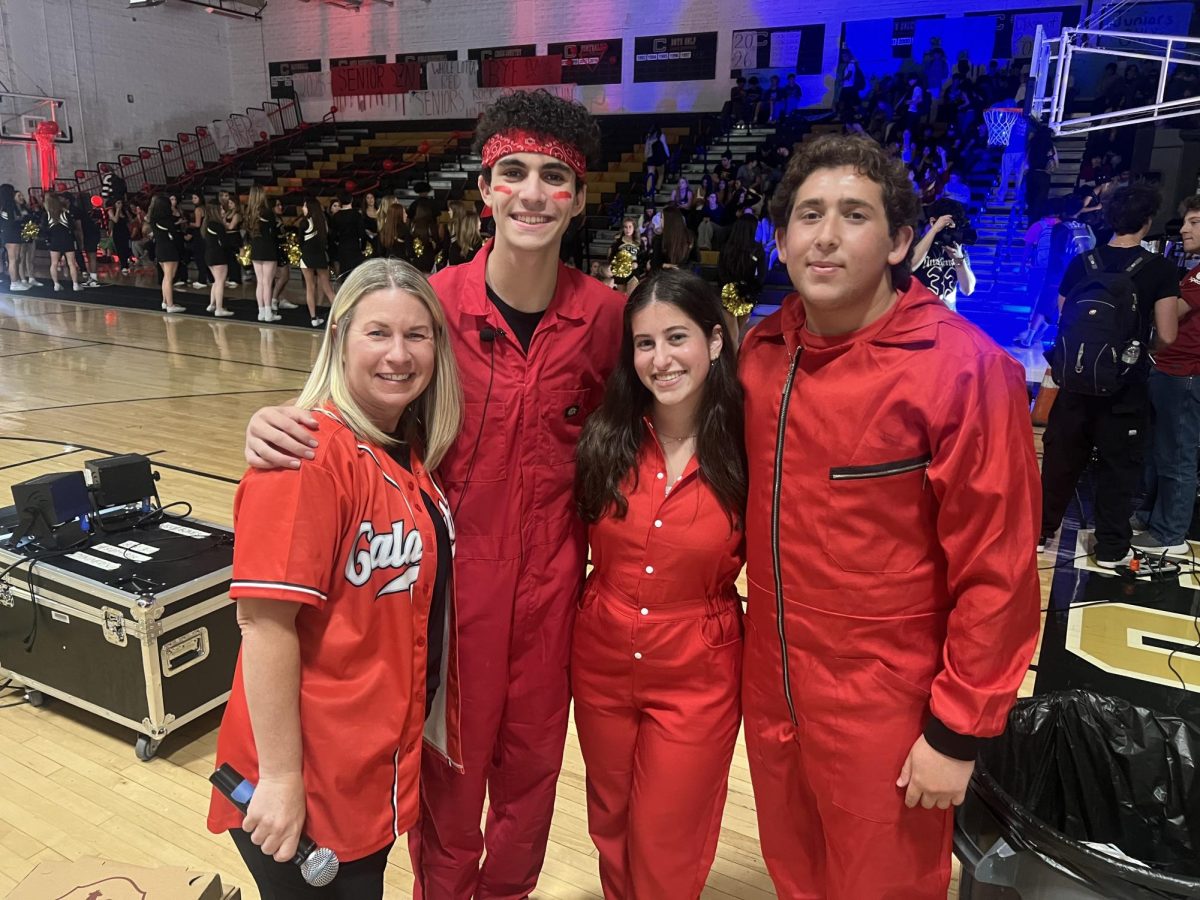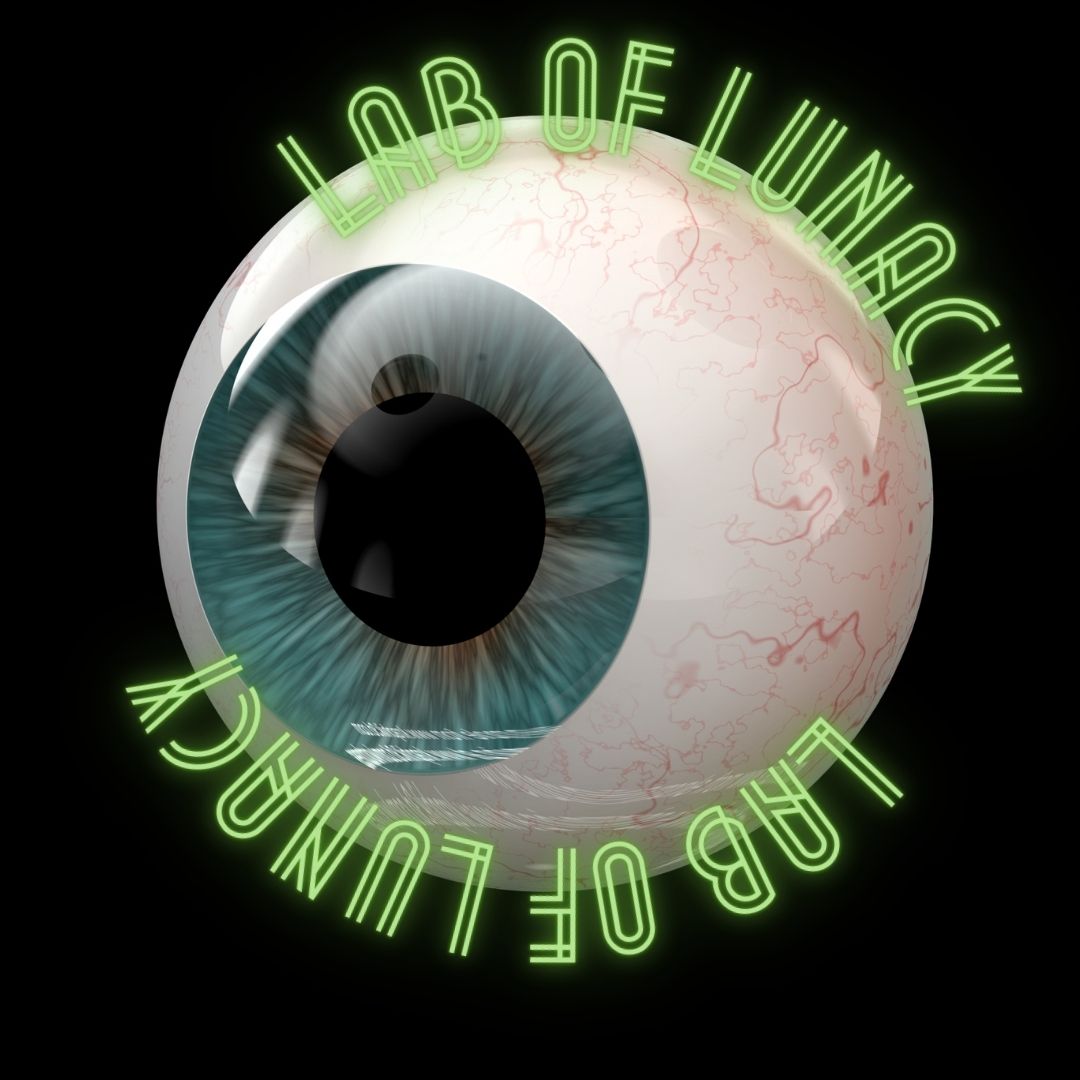On February 27 rocket scientist, professor, and engineer Joel Harris, husband of English and journalism teacher Patti Harris lectured CHS students who are enrolled in a science class on the job opportunities in the fields of science, technology, engineering, and math (STEM) as well as discussed his passion for chasing solar eclipses around the world.
Beginning his career in education as a graduate of USC, Harris is now a professor at DeVry University in Sherman Oaks where he teaches electronics engineering and technology. He is a professor who focuses on the fundamental electronics circuit analysis classes, the radio frequency (RF) and radio/wave theory classes as well as the digital electronics and FPGA and micro-controller classes for Electronics and Computer Technology (ECT). He also works as a staff systems engineer on the RS-68 and the RS-25 rocket engine programs at Pratt & Whitney Rocketdyne. Harris is a risk focal and is on the corrective action board at Rocketdyne. He is a part of the Engine Control Unit (ECU) team for the box that will control the new engine for Space Launch Systems (SLS) for the next generation rocket that will be able to send people to either Mars or an asteroid as well.
“Being an engineer is not about how good you are at solving math problems or doing that kind of work because the fact is, a lot of the problems that we work with or try to solve do not have right answers,” said Harris. “Part of being a good engineer or scientist is being a good problem solver.”
Besides his jobs as a rocket scientist and professor, chasing solar eclipses has been a passion for Harris for over 40 years. When his parents bought him an illustrated book of astronomy at the age of six, one of the drawings in the book, an image of a group of people looking up at the sky and witnessing an eclipse of the sun, remained in his memory for most of his childhood. As Harris grew older and began to learn more and more about eclipses, he decided that he needed to go see a solar eclipse sooner than later. His first solar eclipse took place in Africa in 1973 where he discovered his love and true fascination for these phenomenons in the sky.
“The beauty of them in terms of how fantastically attractive they are is more than just science and celestial mechanics,” said Harris. “No video clip or image can ever truly convey what it is like to experience a solar eclipse in person.”
Harris focuses his studies on the future of scientific engineering and the magnificence of solar eclipses. Harris hopes that all CHS students and community members take the opportunity a to wiseness a solar eclipse in person. This total solar eclipse will be in four years on Aug. 21 and will be the first one to cross the mainland of the United States since 1979. Harris will continue to chase solar eclipses and teach others about the significance of engineering for the rest of his life.








